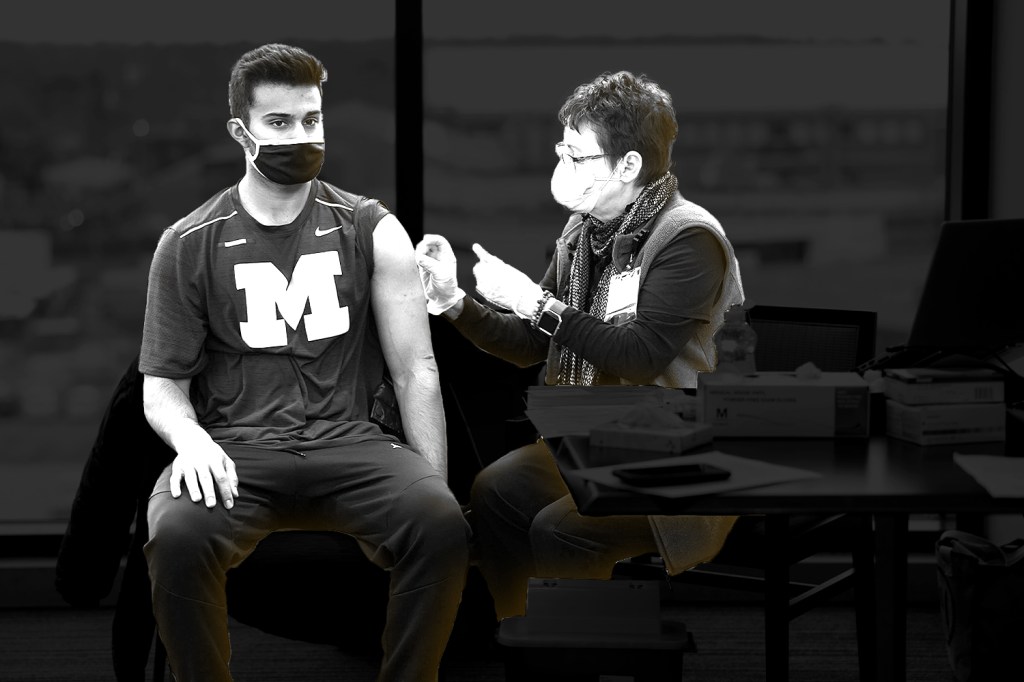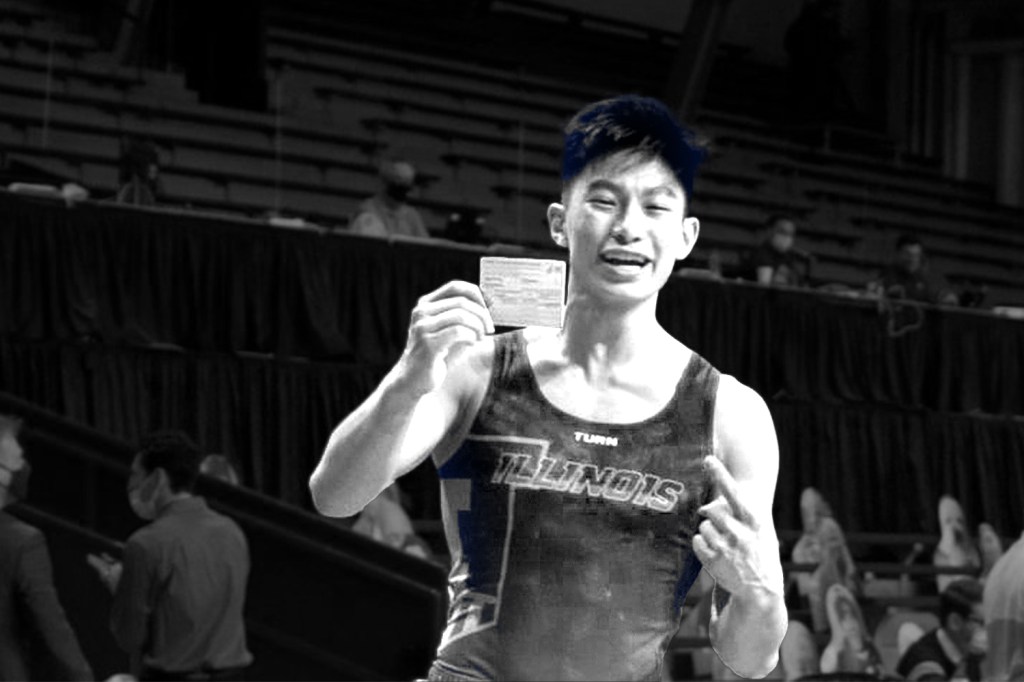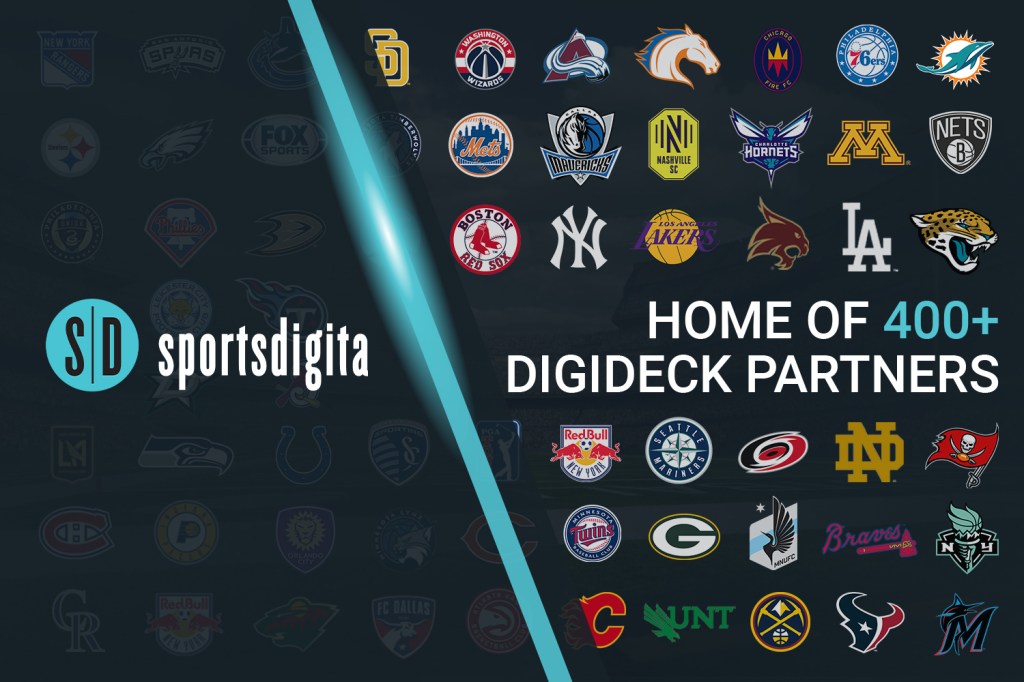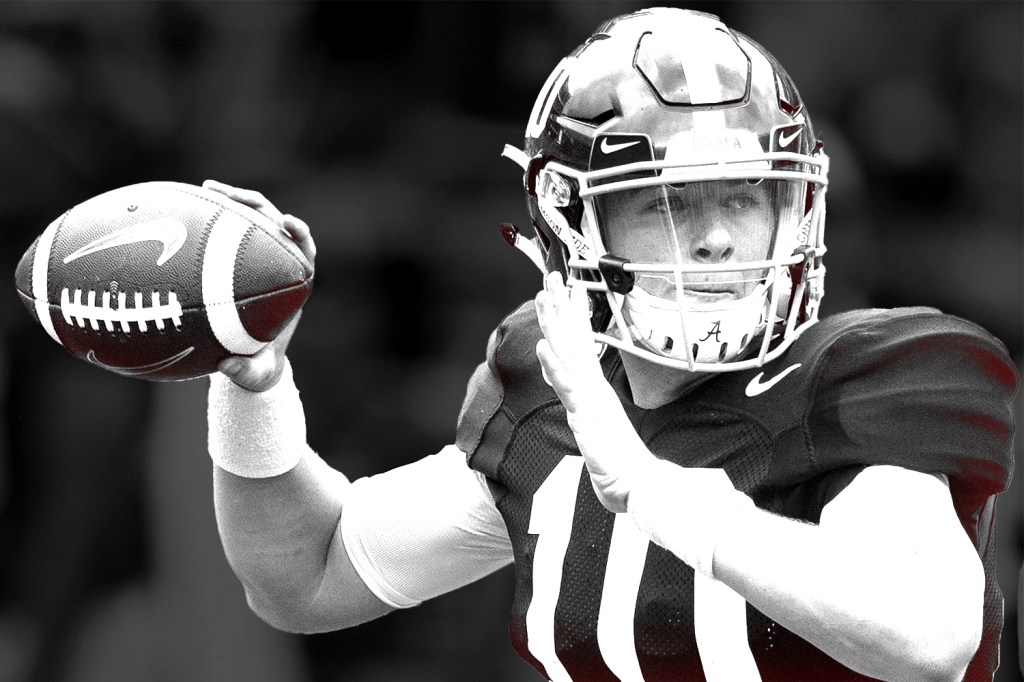As of May 5, about 40% of people in the U.S. 18 or older have been fully vaccinated, according to the Centers for Disease Control and Prevention.
College students — and athletes — have been among the final demographics waiting in line. But now, they’re finally eligible.
Everyone is hoping that by this fall, there will be fewer nasal swabs, less isolation, and more “normalcy.”
Campus Plans
At least 100 universities — including Power 5 schools Duke, Michigan, and Notre Dame — will require that students get shots by the time they return to campus next semester, according to a CNN count.
A University of Michigan spokesperson told FOS the school received 1,000 doses from a “generous community partner” to distribute on April 5-6. They offered the vaccines to “at-risk” groups, including athletes and athletic department staff.
On April 7, the school was able to offer more vaccines to the broader community.
NCAA’s New Rules
Since vaccines are more common now, the NCAA announced refined guidelines that took effect May 1. They’ll be implemented at a slew of championships this month.
If an athlete, coach, or trainer has been fully vaccinated, they can forgo testing protocols. And as long as they don’t have symptoms, they don’t have to quarantine if they’re exposed to someone with the virus.
The guidance did come with two caveats, however: If a community has a high rate of transmission or signs of a new variant, schools can opt for stricter protocols. And if local or state rules are stricter than the NCAA’s, the schools have to follow those instead.
Two experts confirmed to FOS that the NCAA’s new standards align with the CDC.





